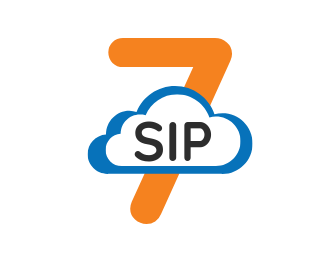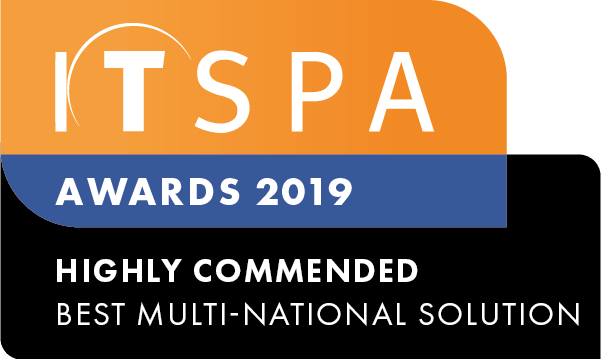Businesses of all sizes are beginning to make the switch from standard phone lines (ISDN, PSTN) and their costly, inflexible carrier contracts to the modern, digital approach of SIP trunking. Though SIP trunking has been around for over a decade, it's a brand-new conception for several. It's not stunning that individuals have plenty of questions on what moving to an internet-based communications solution would possibly mean for their business requirements.
Here are the answers to the queries we are asked most often.
What is SIP and SIP Trunking?
SIP stands for Session Initiation Protocol. It's a customary signalling and dominant transmission communication sessions protocol. SIP trunking is a way to deliver voice and different, unified communications services over the web. It works with SIP-enabled communication systems and handsets (PBX). SIP trunks will be used to replace standard phone carrier services, Pots, BRI, PRIs, services. (ISDN, PSTN).
What is a SIP Channel?
A SIP channel is used for one incoming or outgoing call. You can think about it as a sort of a standard phone line. Every SIP trunk will support any variety of SIP channels.
Why Do Businesses opt for SIP Trunking?
With SIP trunking, businesses will opt for a concept that enables them to pay one low monthly fee per SIP channel and revel in cheaper if not free calling national and international. Additionally, customers can add or take away channels any time they like, giving them complete flexibility, control and manageability over their Telecommunications needs and requirements, as their business needs and requirements change. SIP additionally makes it simple to take advantage of the host of unified communications options available like video, instant electronic messaging, and application integration.
Is SIP a similar thing as VoIP?
VoIP stands for Voice over Internet Protocol. It is used for any voice decision remodelled the web. SIP is one protocol used to accomplish VoIP; however, it's not the only one.
How Do SIP Calls Sound?
When a SIP solution provider leverages Tier-1 networks and has the right router configuration, a SIP calls quality cannot be differentiated from calls made over current regular phone lines. In certain situations, the quality of the call is better. Supporting a range of codec's SIP can adapt to the very latest HD quality for voice calls.
How difficult is it to Setup and Maintain?
You do not need to be a telecommunication professional to set up and maintain a SIP solution for your business. You need to sign up with a SIP trunking provider that has an easy-to-use administration portal, smart documentation, and a dedicated support team. To start using SIP trunking, there needs to be some straightforward PBX and router configuration.
Are There Any Up-Front Costs?
There is a reasonable probability that SIP can be used with the PBX you currently use nowadays. Most PBX systems have been oversubscribed within the last ten years with SIP processing enabled. If you have got a business-grade router, it most likely is already enabled with the standard service capabilities necessary to invoke the most effective SIP solutions for your business. Your SIP solution supplier could charge some initial setup fees for the supported number of channels. There can be additional charges for setting other required services, such as DIDs, incoming toll-free service etc.
So yes, there are some initial fees; however, these are usually significantly cheaper and cost-effective, in comparison to putting in a conventional brand-new standard communication system.
Looking for a reliable VoIP provider? Sign up at VoIPLine Telecom and get 14-Day free trial to try the best features of our Hosted PBX phone telephone solution.
">]]
">]]











